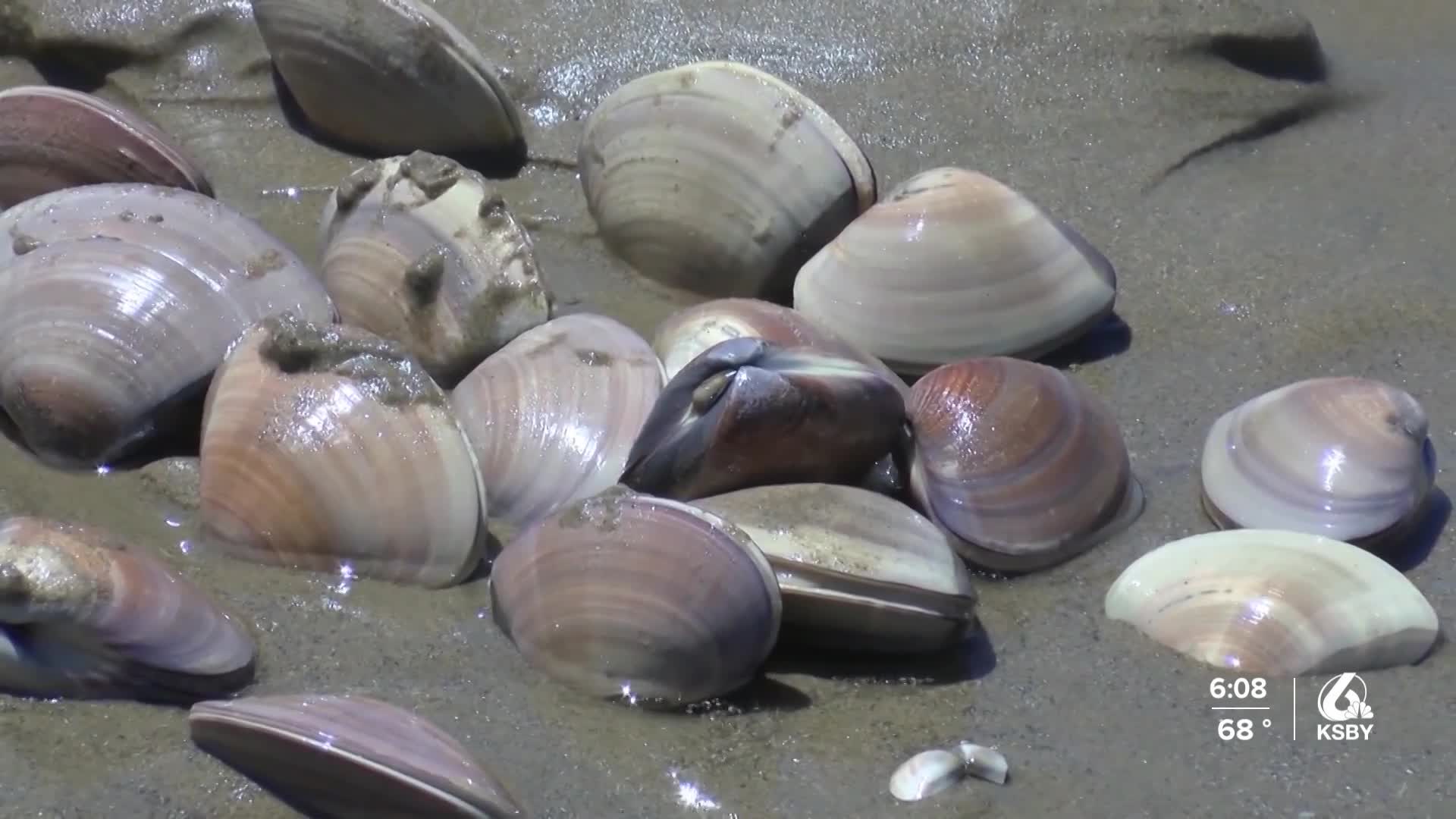A local effort is underway to help the Pismo Beach clam population make a comeback.
After a major decline, local experts say they are starting to see the population growing again, which is why they have implemented rules to protect the species.
"People have this deep, deep attachment to this species and to this fishery," said Ben Ruttenberg, Cal Poly professor and director of the Coastal Center for Marine Sciences. "You know, we're on the beach and almost every time we are out there, someone comes up to us and tells us that, 'Oh, yeah, the first time they, you know, they went fishing was with their grandfather or something on Pismo Beach however many years ago. And and that made just lasting impression on them."
Ruttenberg has been the head of the Pismo Clam Research project at Cal Poly for 10 years. In the last decade, he says the population has grown significantly.
"It wasn't absolutely unprecedented," said Ruttenberg. "It was just, you know, kind of odd for this to be almost three decades of no individuals showing up. And we actually don't know what drove that first pulse that showed up ten years ago."
The research he and his team are doing will not bring the clams back; however, it will help them understand what made the clam population surge and the life cycle of the species.
Ruttenberg says they will use that research to inform the public about the importance of following regulations.
If you want to go clamming in Pismo Beach, you need a fishing license. The limit is 10 clams per person, and the clams have to be at least 4.5 inches, which can be measured with a fixed gauge.
If you break the rules, you could be cited.
"We are on track to be writing probably more citations than we did last year," said Brian Meyer from the California Department of Fish and Wildlife. "Right now, we have written about 80 citations for clamming violations so far this year."
"All of those regulations are essentially designed to make sure that the clams have enough [opportunities] to reproduce so that the population can be self-sustaining," said Ruttenberg.





